Which is the worst mattress material? Our expert testers weigh in
I asked our team of expert testers to tell me all about their least favorite mattress materials and what they suggest we sleep on, instead
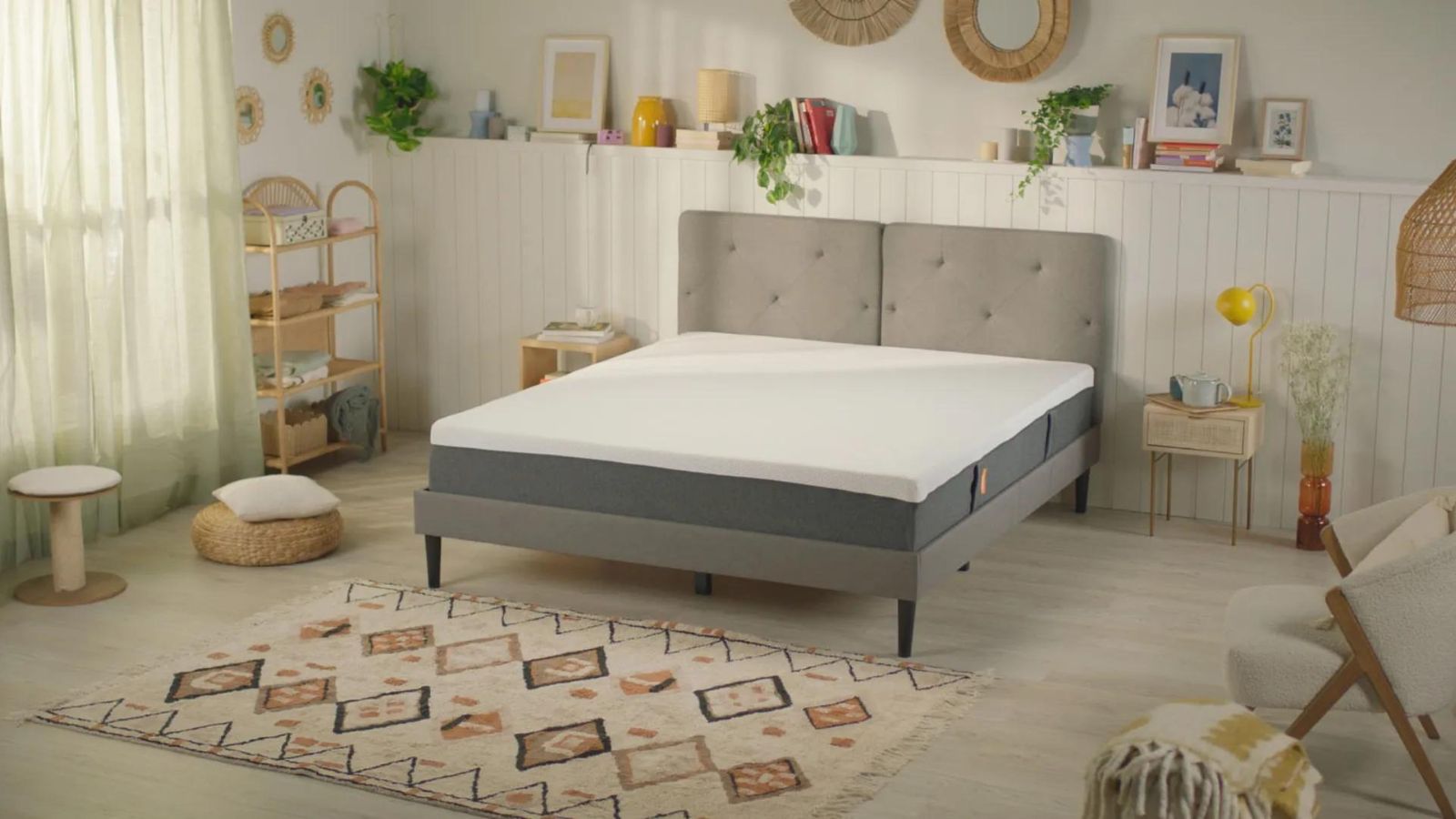

When you're buying a bed, it's just as important to work out which mattress materials you don't like, as well as the ones you do. Now that I've sampled more than 40 mattresses, I know that I prefer the solid support of a hybrid mattress to the sinking feeling of memory foam, which is the worst mattress material for stomach sleepers like me. I know to steer clear of memory foam models in the mattress store and it's really streamlined my shopping experience.
Still, every sleeper is different, and the worst mattress material for me might sound like your dream bed. Memory foam isn't the most breathable or durable mattress material on the market, but it makes the best motion isolator, ideal for hot sleepers, and it provides near-perfect pressure relief for anyone who suffers with chronic pain.
As H&G's specialist sleep writer, I lead a team of expert testers in the search to find the world's best mattress. Together, we've tested some great beds, along with some real duds, and I've learned how subjective the concept of comfort can be. Take the Leesa Original Mattress: one of our expert testers loved the contouring comfort of the memory foam, while another hated how soft and squishy it felt beneath her body. One tester's dream bed is another sleeper's nightmare. All this to say that there's no such thing as the worst mattress material – only the material that feels worst for you.
Which is the worst mattress material?
I called on our team of expert testers to tell me what they think is the worst mattress material and why. You'll start to see how their likes and dislikes are informed by their sleep style, as well as the size of their budget. After each sleeper has had their say, I've identified some of our tried and tested beds that would solve whichever sleep problem they faced on their worst mattress material.
Which is the worst mattress material for hot sleepers?
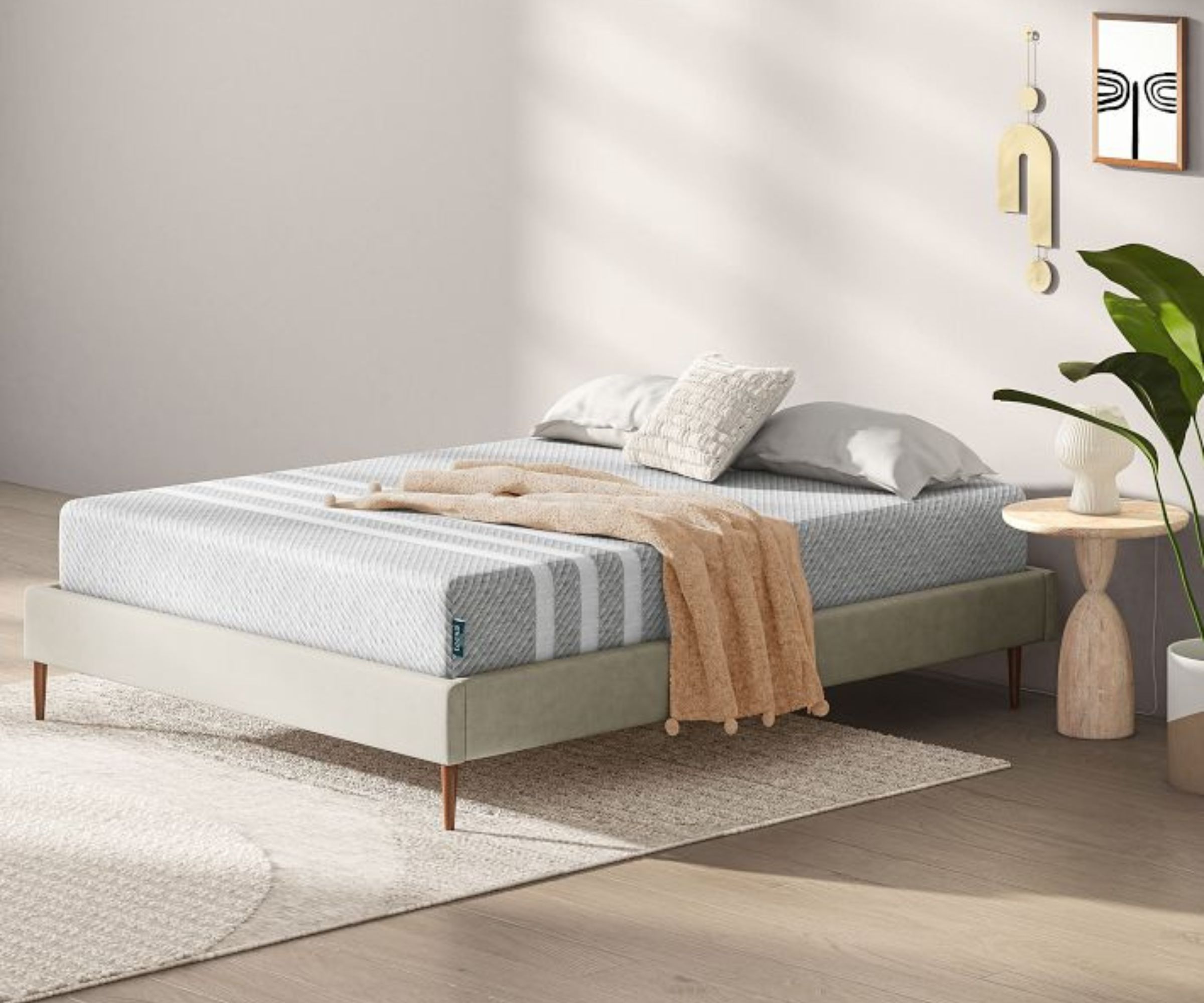
Whether you suffer from night sweats and hot flushes, or you simply tend to run a little warm, you're what I call a 'hot sleeper'. In order to fall asleep and stay asleep, you need a mattress to dissipate heat and wick moisture, keeping you just the right side of cool and dry.
That's why your worst mattress material is memory foam. All that dense foam doesn't leave much room for air to flow, which means heat and moisture get trapped inside the mattress. It only gets worse in the summer, when all the air in and around the bed is already warm. The more the heat and moisture builds up inside the bed, the greater the chance that bacteria will start to breed, leading to a sweaty, unsanitary night's sleep.
One of our expert testers, Chiana, sleeps on a memory foam mattress. As a side sleeper who shares a bed, she appreciates the excellent motion isolation and contouring comfort of the memory foam, but she can't ignore the heat retention. She started testing the Emma Original Mattress last January, along with her partner, who's a hot sleeper. The heat retention of memory foam 'wasn't a problem for me, but it was for my partner, and it might be for you,' warns Chiana. 'If you're a seriously hot sleeper, I suggest you invest in the best cooling mattress, though you could always pair your Emma Original Mattress with a set of the best cooling sheets'.

Chiana writes for our solved team, where she covers organizing, cleaning, and decluttering content. She started testing the Emma Original Mattress at the start of 2023 and she's still sleeping on it today.
If you're a hot sleeper, you need a breathable bed: these are a few of my favorites, from some of the best places to buy a mattress. Each of these beds is tried and tested by an H&G sleep expert and evaluated for comfort; support; motion isolation; and, most importantly, cooling.
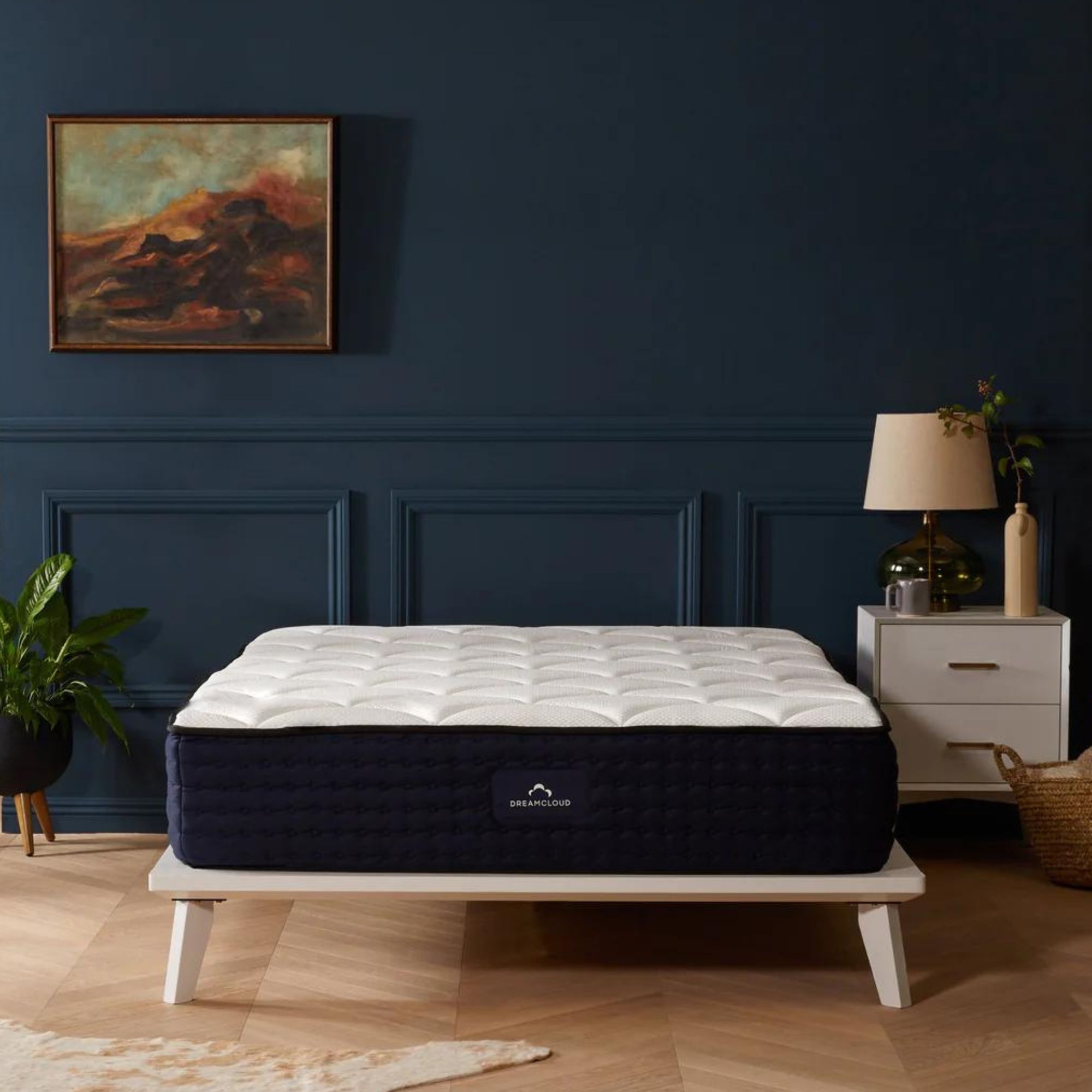
This hybrid mattress marries the plush comfort and pressure relief of memory foam with the enhanced airflow of an innerspring. It's just the thing for thermally incompatible couples who want to share a bed and both get a good night's sleep.
You can find more detail in our DreamCloud Luxury Hybrid Mattress review.
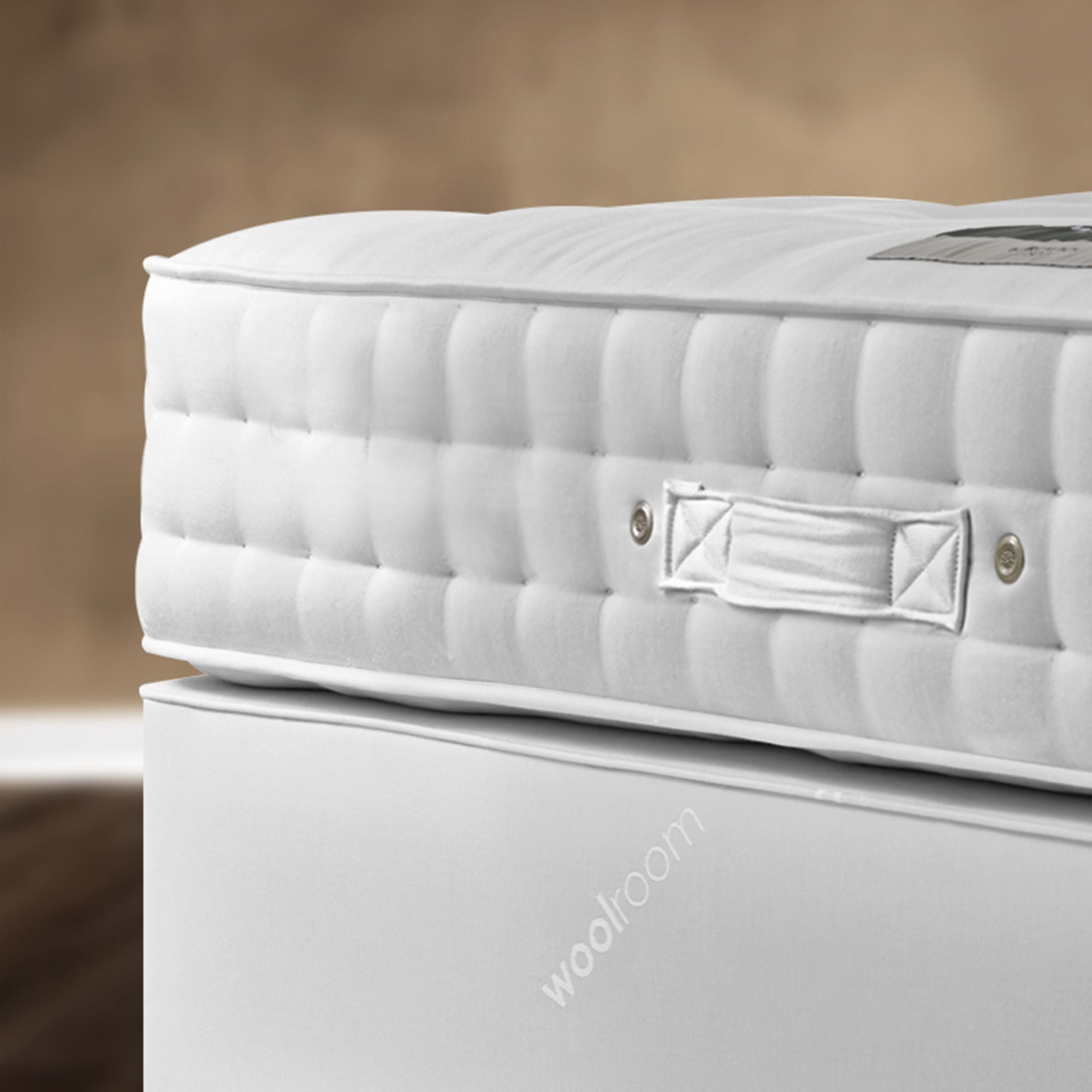
Wool is naturally thermoregulating and moisture-wicking. In fact, wool can hold up to a third of its weight in water, which easily evaporates first thing in the morning. I'd happily recommend this mattress for hot sleepers who suffer from night sweats.
You can find more detail in our Woolroom Hebridean 3000 Mattress review.
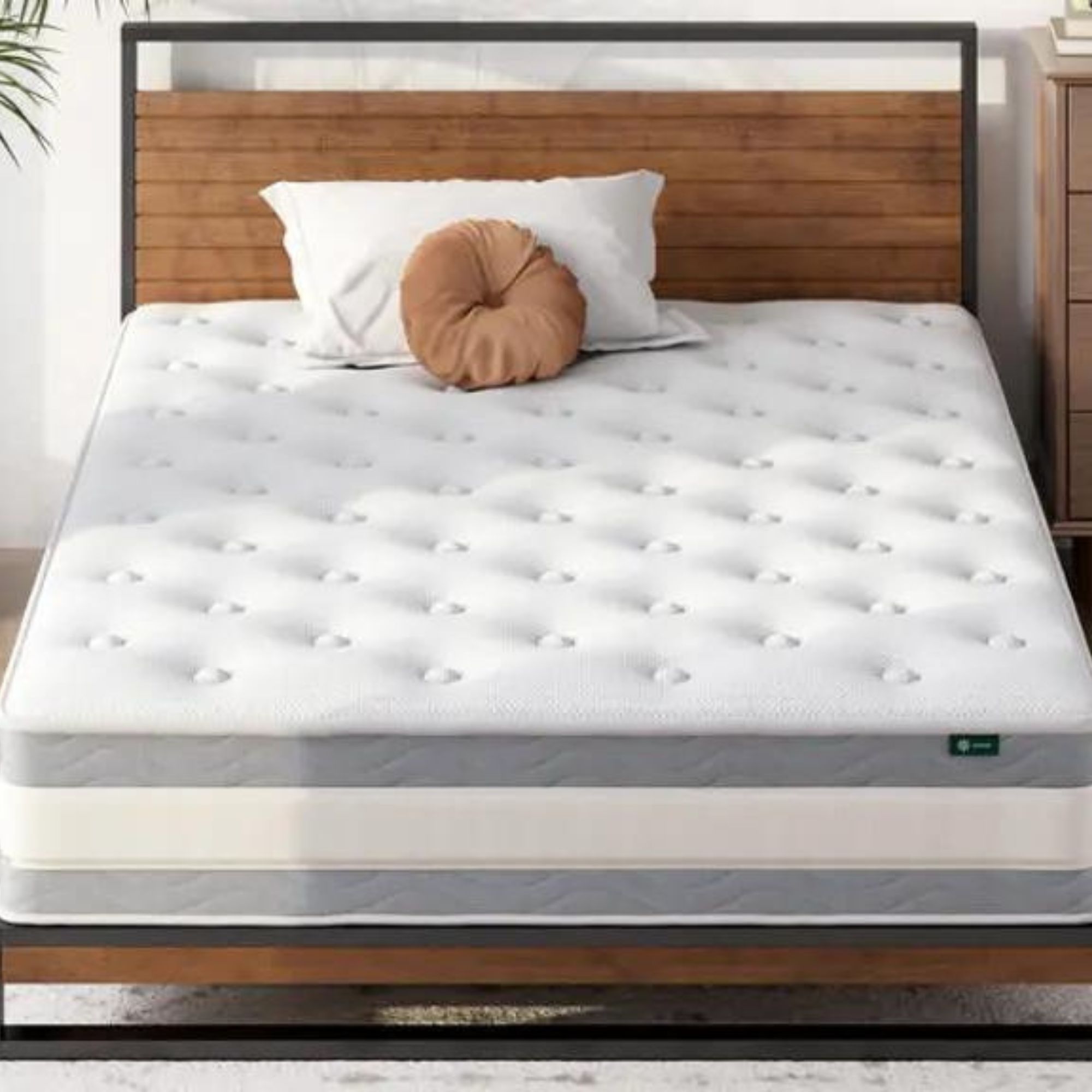
If you insist on sleeping on memory foam, at least opt for a gel memory foam mattress, which helps to release some of that heat. This gel mattress is infused with a cooling blend of copper and green tea to dissipate heat, wick moisture, and block odors.
You can find more detail in our Zinus Cooling Green Tea Memory Foam Mattress review.
Which is the worst mattress material for people with chronic pain?
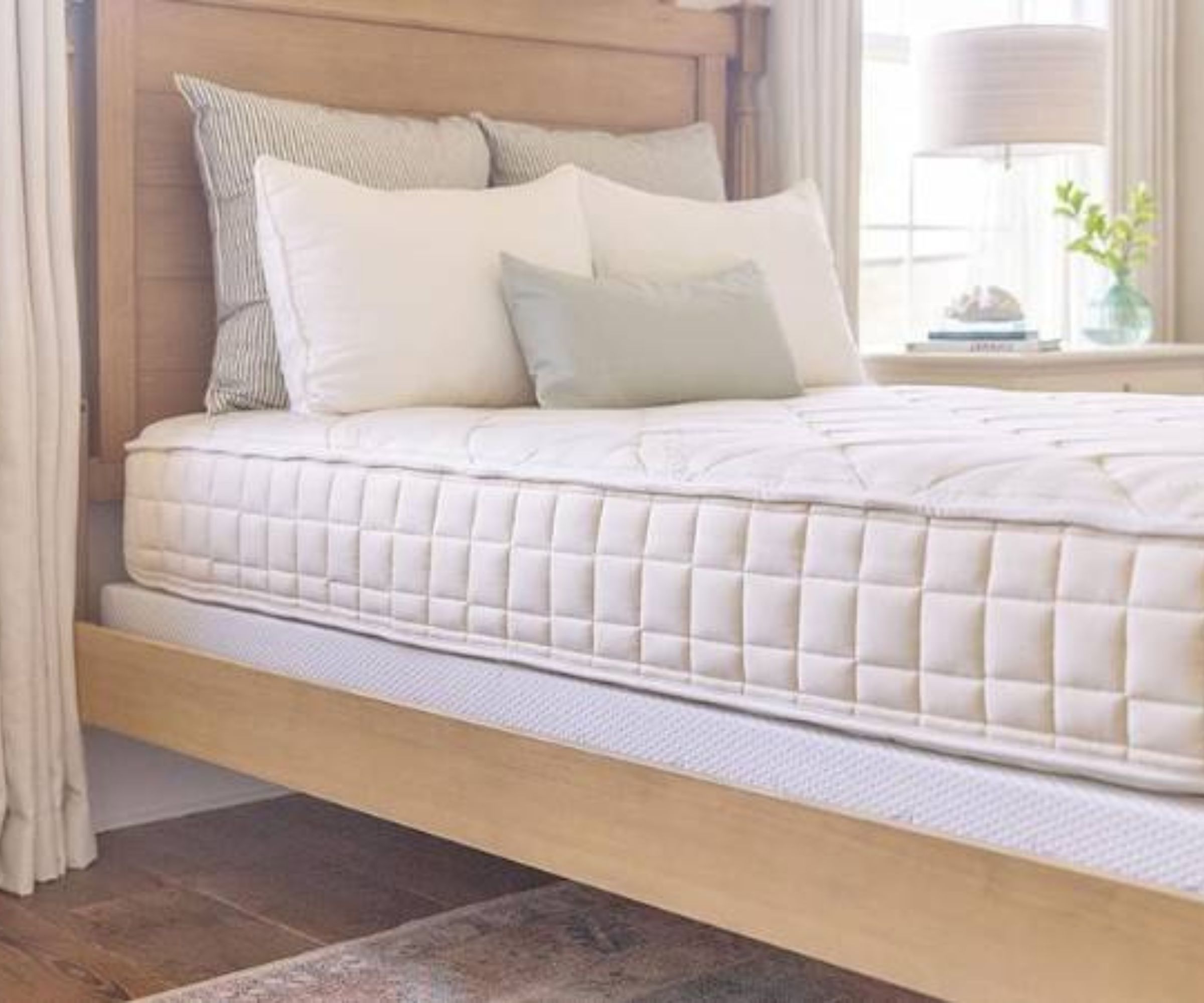
If you suffer from aches and pains, then you'll know that the worst mattress material is a firm, inflexible innerspring. Those creaking coils barely compress beneath your body weight, so there's little to no cushioning for your joints. While the rigidity of an old-fashioned innerspring helps to keep your spine aligned, it comes at a cost to the rest of your body.
One of our expert testers, Casey, lives with fibromyalgia. It's a chronic pain condition that extends right the way across her body and often makes it impossible for her to fall asleep and stay asleep. For most of her life, Casey slept and suffered on old-fashioned innersprings and wondered if she'd ever find a mattress that met her sleep needs.
Then, she tested the Nectar Memory Foam Mattress, and it totally transformed her sleep experience. Casey needed a mattress with enough give to cushion her neck, shoulders, hips, and knees, yet sufficient support to bear her weight and stop her from sinking into the bed. In this medium-firm mattress, she found her perfect balance of comfort and support. 'I live with fibromyalgia,' reads the first line of Casey's mattress review. 'For a few hours each night, the Nectar Memory Foam Mattress helps me forget about it'.

Casey is a freelance writer whose work is featured in publications such as Tom's Guide, Forbes, and Insider. She reviewed the Nectar Memory Foam Mattress for the sake of this buying guide.
I've combed through our back catalog of reviews to bring you the best beds for pressure relief. Apart from inflexible innersprings, you'll find every mattress type represented, from high-tech hybrids to responsive latex beds to memory foam models.
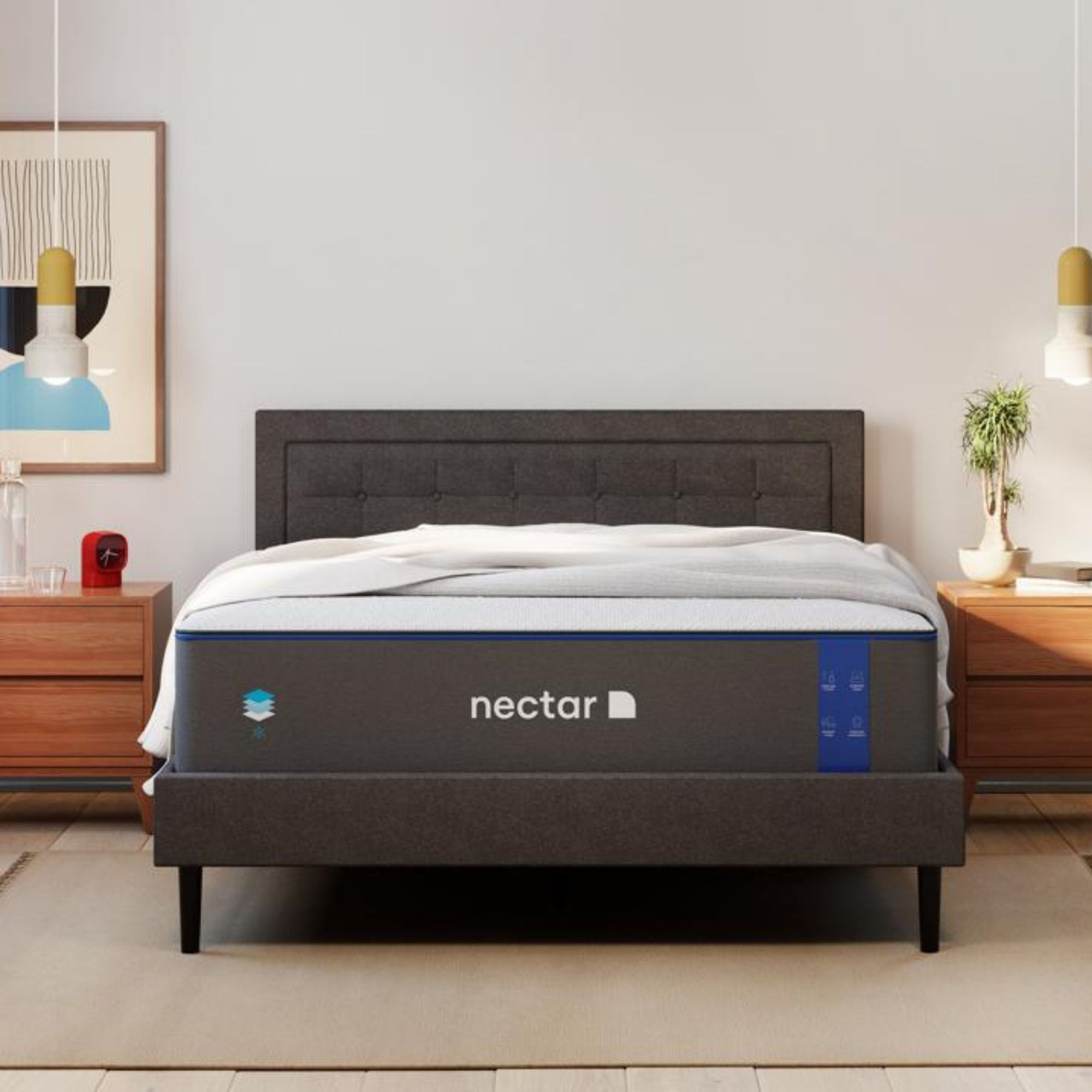
If you recognize yourself in Casey, and you're looking for a mattress to alleviate your aches and pains, then consider sleeping in her bed. The Nectar Memory Foam Mattress is comfortable and supportive with excellent motion isolation, though the breathability leaves a little to be desired.
You can find more detail in our Nectar Memory Foam Mattress review.
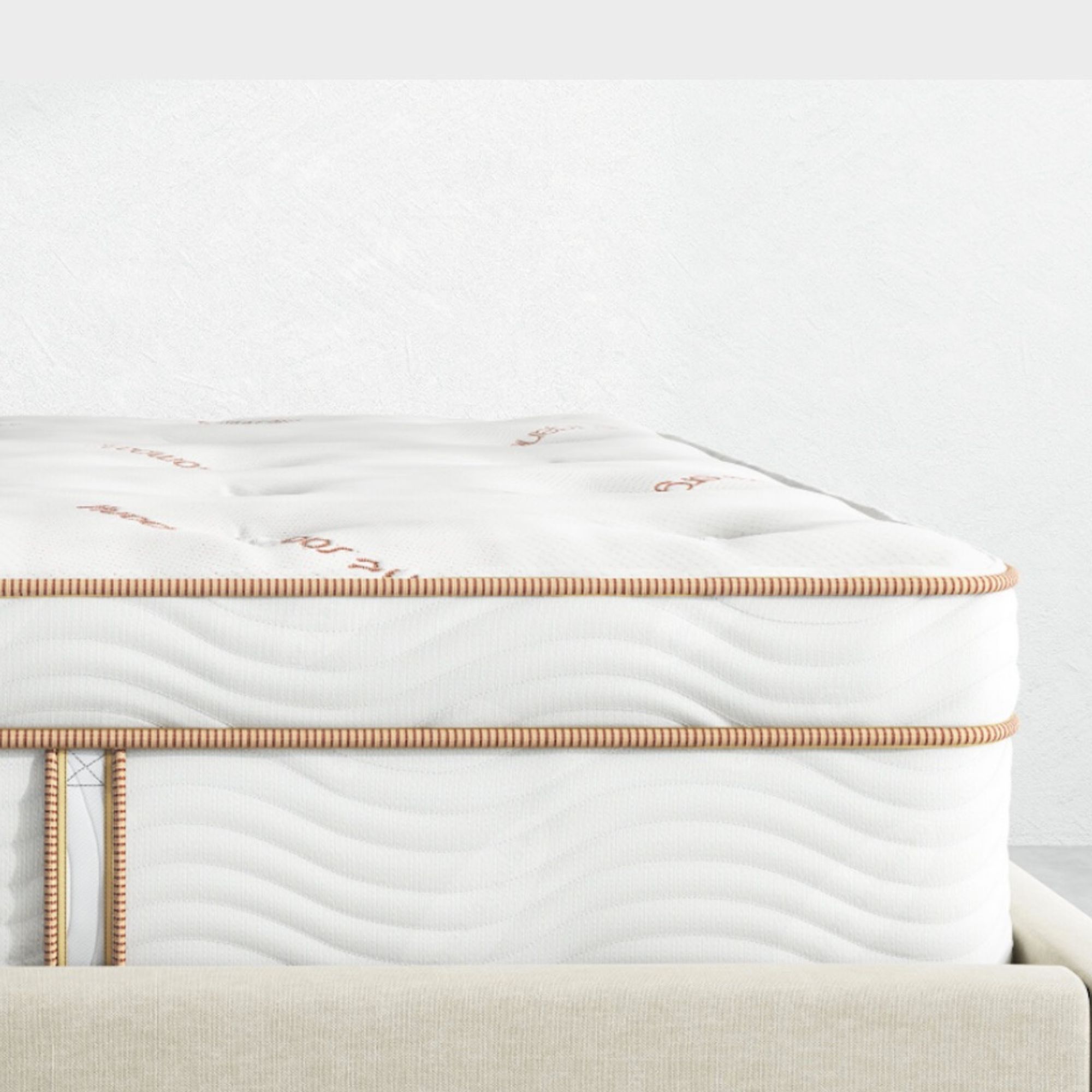
This hybrid mattress combines the pressure relief of memory foam with the enhanced airflow of natural latex. Another of our expert testers, Alex, found it made a huge difference to her lower back pain and helped to maintain the natural alignment of her spine.
You can find more detail in our Saatva Latex Hybrid Mattress review.
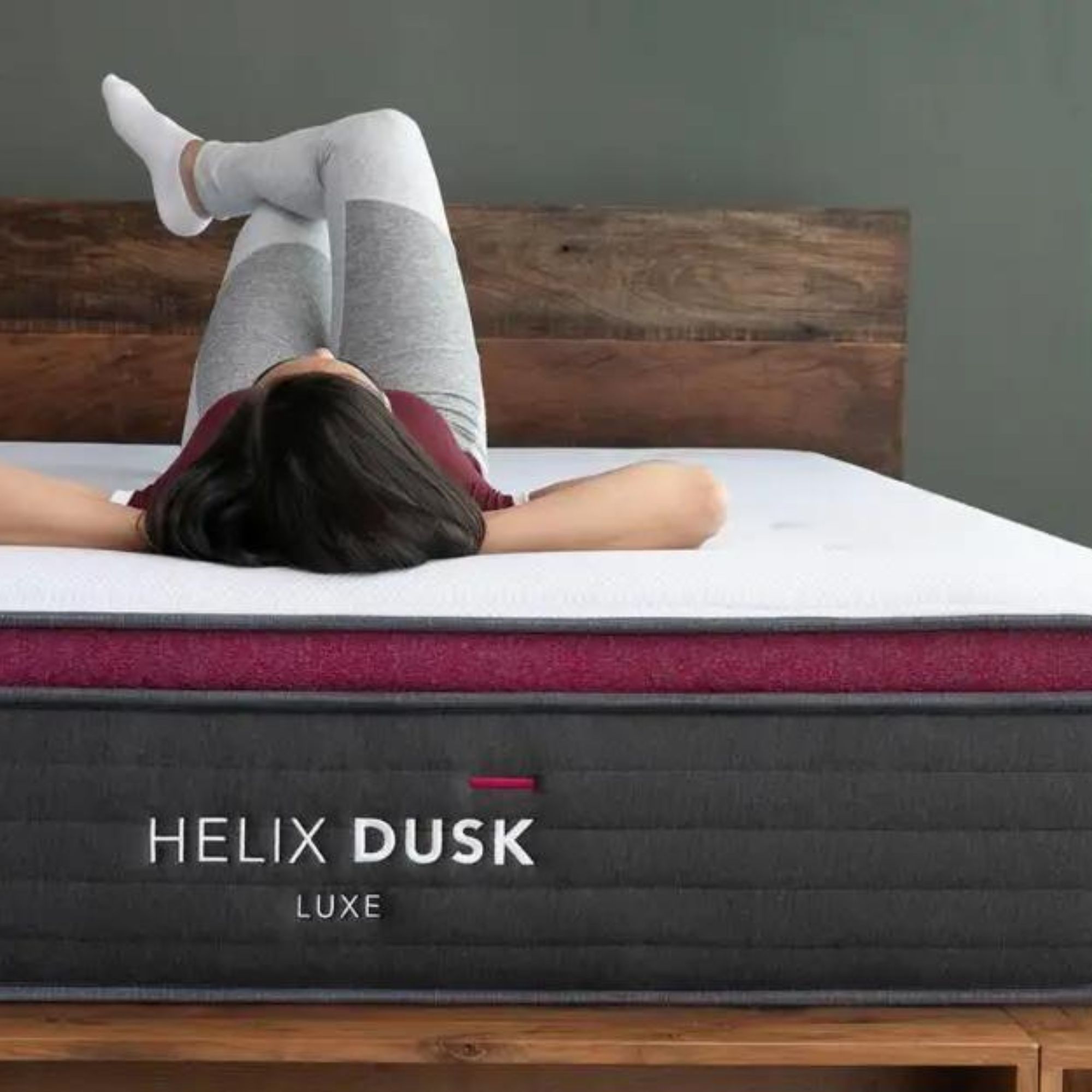
Alex also tested the Helix Dusk Luxe Mattress. She appreciated the plush comfort of the pillow-top, which absorbed the pain and pressure from her joints without letting her sink too deep into the mattress.
You can find more detail in our Helix Dusk Luxe Mattress review.
Which is the worst mattress material for eco-conscious shoppers?
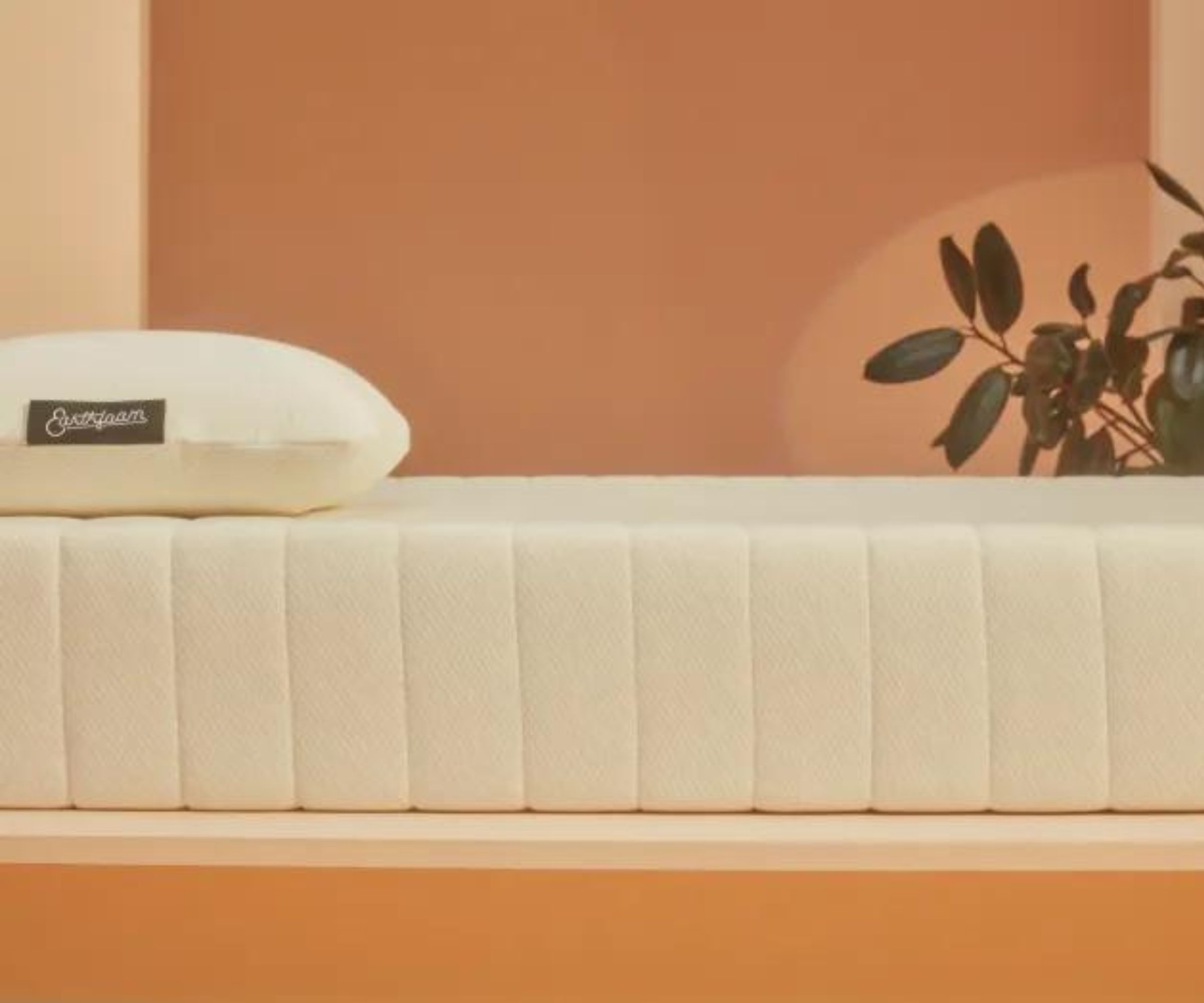
If you're an eco-conscious shopper, then your worst mattress material is memory foam. This synthetic substance is made to mold to the shape of your body, which means that it starts to incur indents and impressions. Within five or six years, your average memory foam mattress is starting to sag and losing support in the center. Soon enough, you'll have to replace it, and your memory foam mattress will end up in landfill, where it will take hundreds upon hundreds of years to decompose.
Camryn is one of our more prolific mattress testers. She's slept on all sorts of beds, from high-tech hybrids to plush memory foam models, and recently wrote a review for the Zinus Cooling Green Tea Mattress. She gave the gel mattress top marks for comfort, cooling, and cost, but she couldn't ignore its lack of durability. 'I'm wary that Zinus still uses fiberglass inside their mattresses and there are quite a few reviewers who claim that the mattress loses its shape after a year or so,' Camryn wrote towards the end of her review. 'If you're looking for the best organic mattress that's free from harmful substances and built to last, then you're looking in the wrong place'.
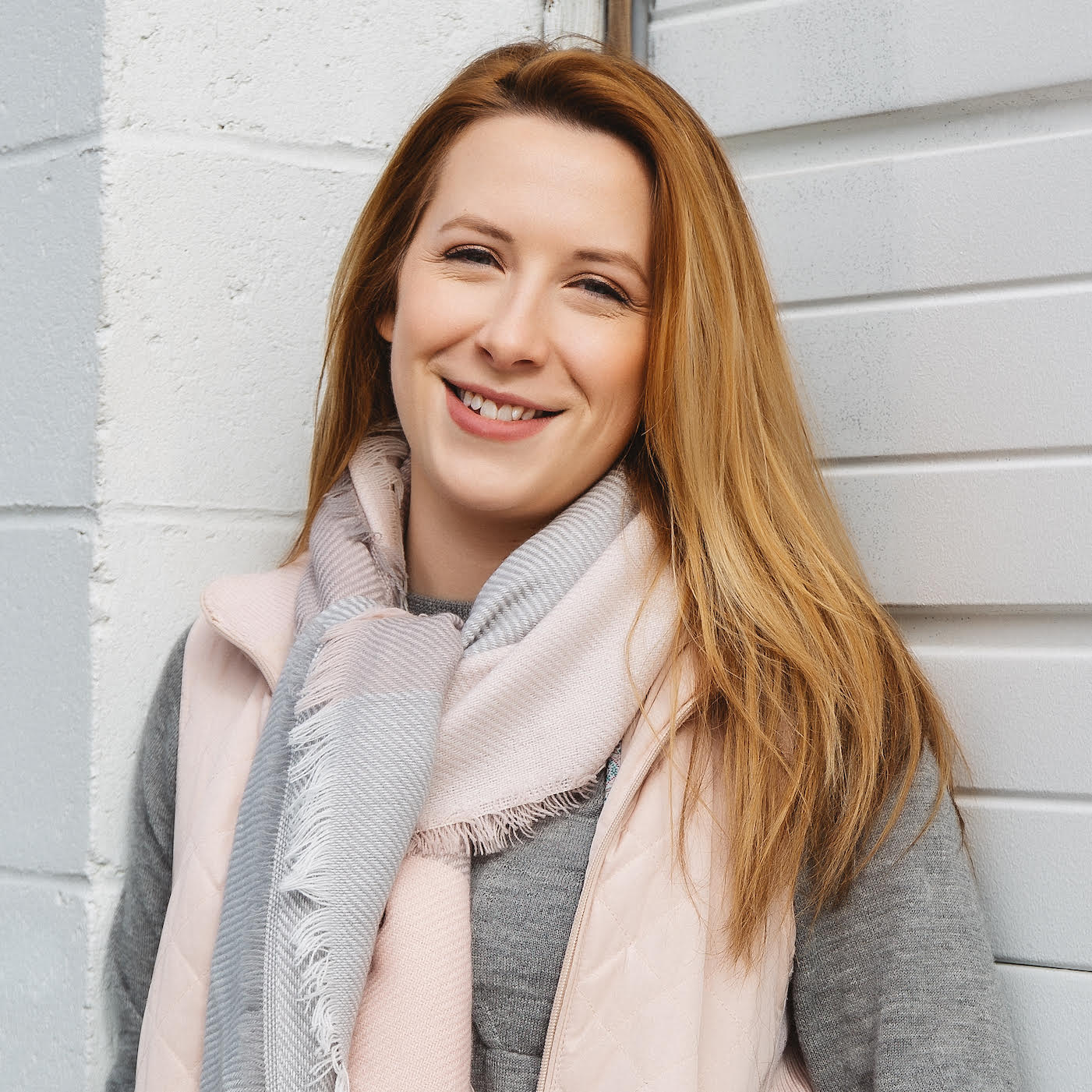
Camryn is one of our freelance product testers whose work is featured in publications such as Forbes, The Spruce, USA Today, and more. She tested the Zinus Cooling Gel Mattress for the sake of this guide.
The best way to shop sustainably is to buy an organic mattress. Hear me out: a mattress is a major investment. When you're spending that much time and money to find your dream bed, you want something that will last: otherwise, you'll have to start the mattress shopping experience all over again.
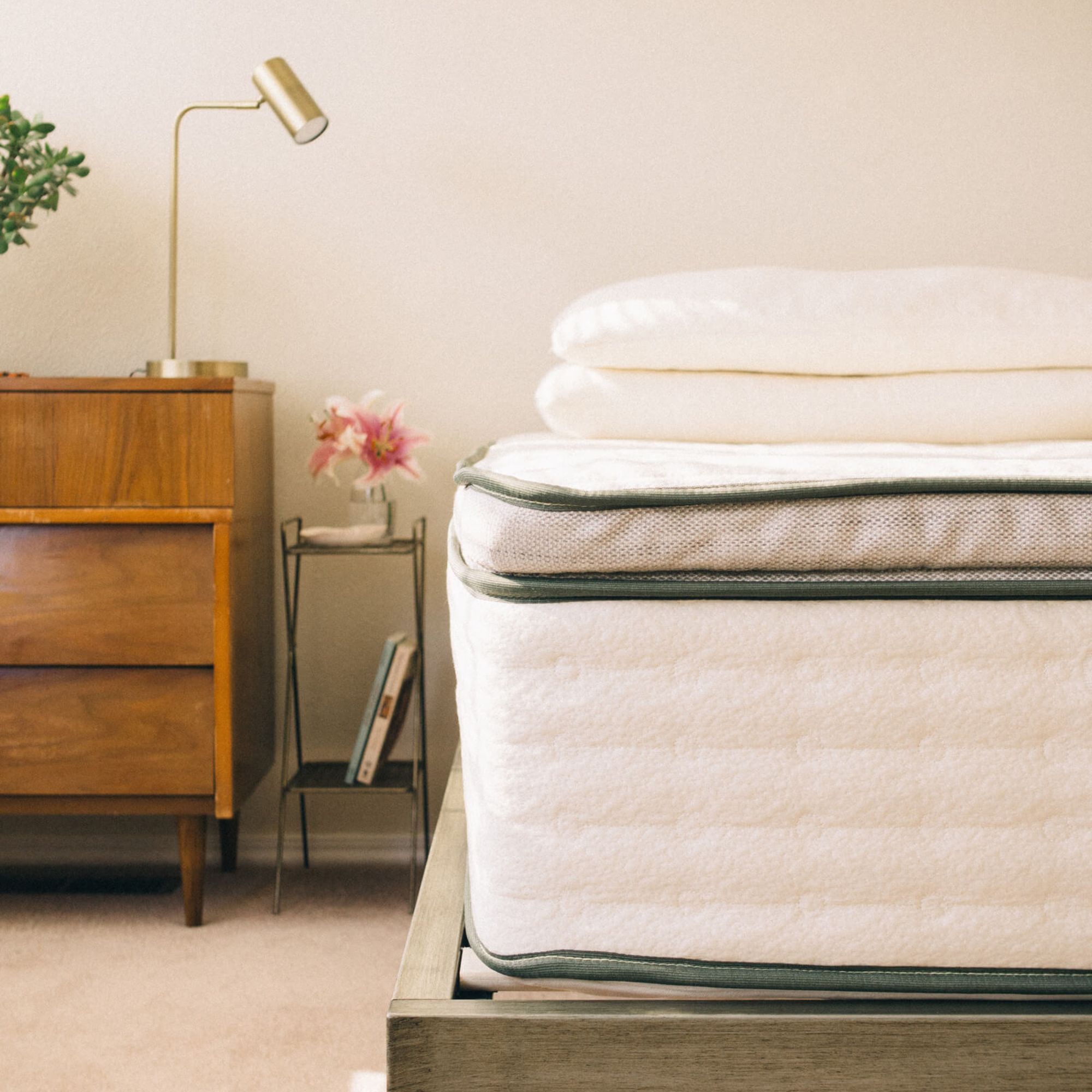
This latex mattress is springy and responsive, built to bear your weight then spring right back into shape once you get out of bed. If you're vegan, or you prefer to purchase vegan products, then you'll be pleased to know that Avocado makes a vegan version without wool.
You can find more detail in our Avocado Organic Mattress review.
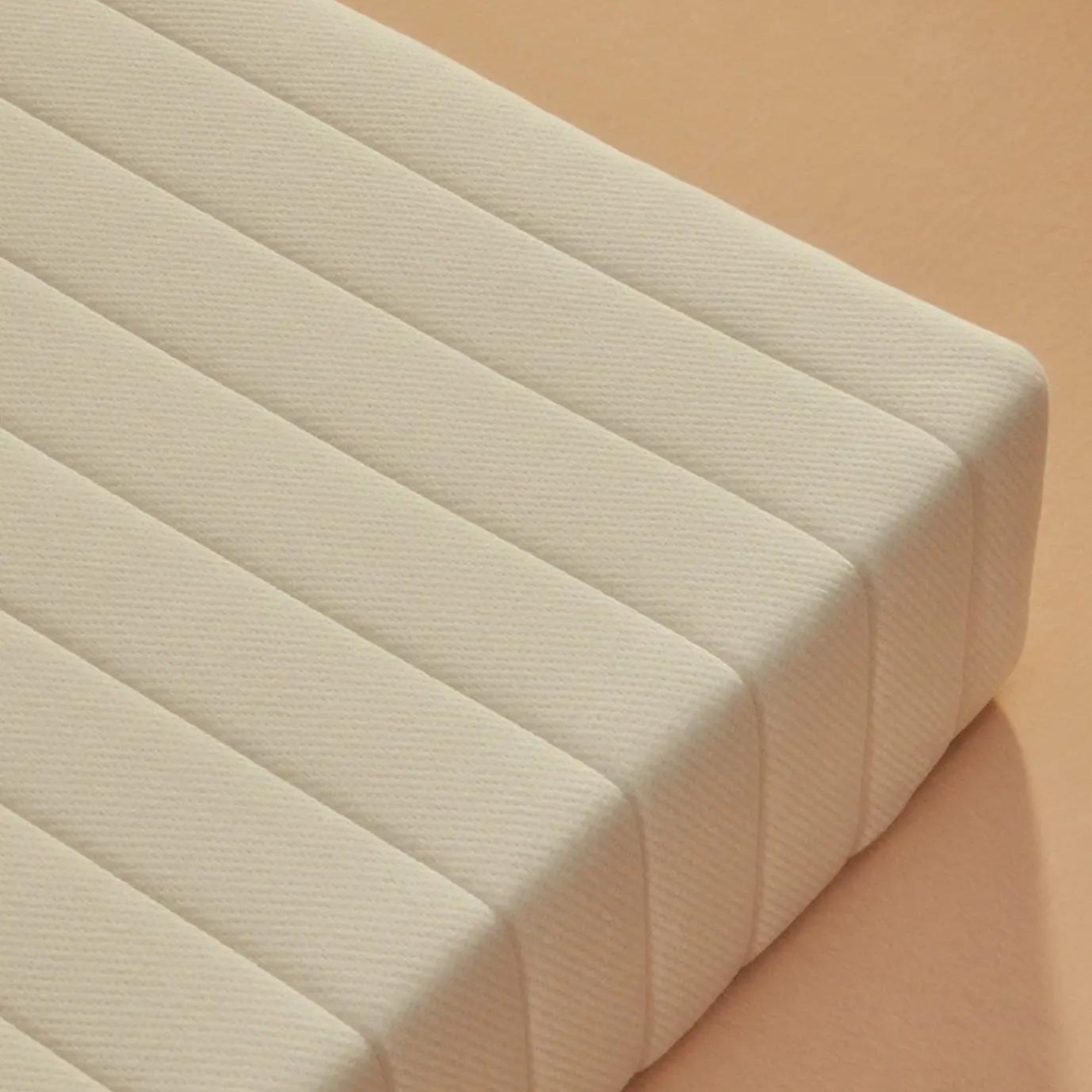
Your average organic mattress costs upwards of $1,500, and that's just for a Twin. If you're keen to shop sustainably, but you're buying on a budget, then your best bet is the Earthfoam Organic Mattress: the price for a Queen is fixed at $999.
You can find more detail in our Earthfoam Organic Mattress review.
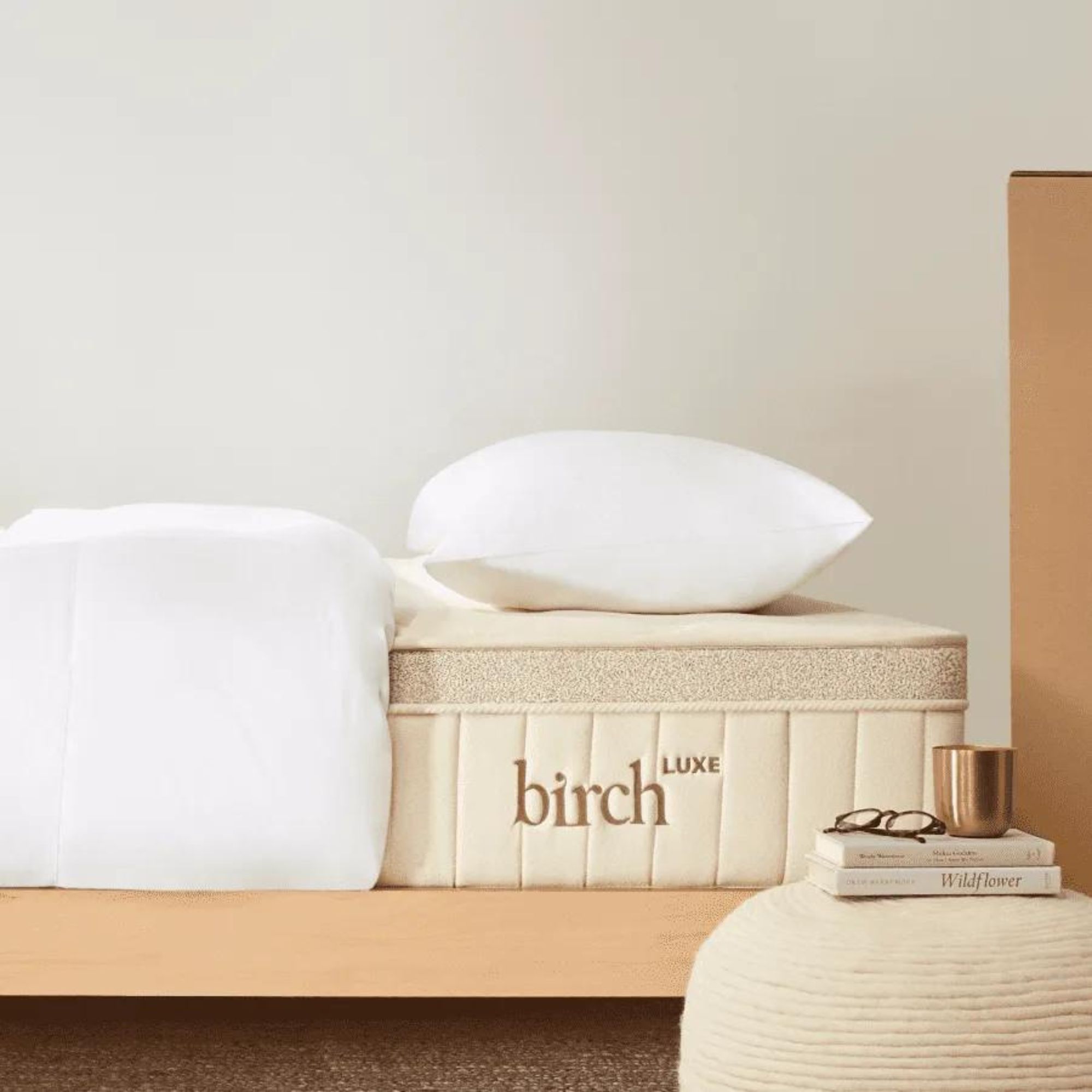
The Birch Luxe Natural Mattress is proof that you don't have to sacrifice your comfort for your conscience. This mattress features excellent edge support and ergonomic zones for targeted pressure relief. Plus, the whole thing comes wrapped in cashmere.
You can find more detail in our Birch Luxe Natural Mattress review.
Which is the worst mattress material for buyers on a budget?
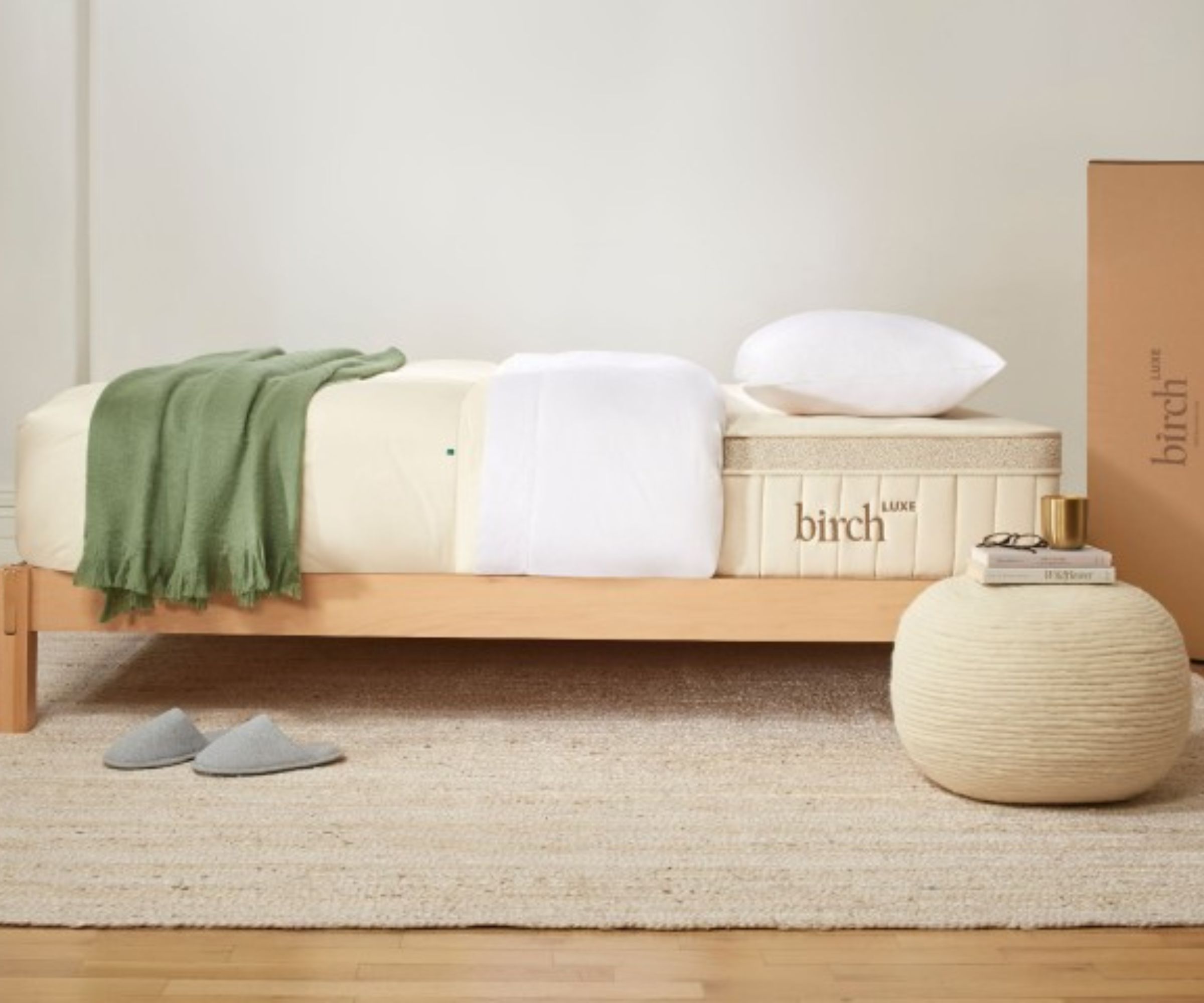
If you're buying on a budget, then your worst mattress material is latex. Yes, latex is breathable, durable, and sustainable, but it's also incredibly expensive to source, froth, foam, and bake into beds. We're talking several thousand dollars for a Queen-sized bed, unless you're shopping with our affordable favorites, Earthfoam.
The Essentia Classic REM5 Mattress is the most expensive bed we've ever tested, and that's filled with natural latex. Our expert tester, Alex, said she 'couldn't review the Essentia Classic REM5 Mattress without mentioning the price. Retailing at $4,200 for an eight-inch Queen, this is by far the most expensive bed we've ever tested.' Although Alex argues that the performance matches the price, she acknowledges that the best luxury mattress is out of reach for the average American.
If you know you need a new bed, but you're working with a particularly tight budget, then I'd encourage you to narrow the search to the best affordable mattress. Most of these are memory foam models, which are cheap and easy to manufacture, but still offer excellent comfort and support. As a general rule, memory foam and innerspring mattresses are less expensive than hybrids or latex mattresses.

Alex is one of our freelance reviewers whose work features in Architectural Digest, Real Homes, and Dwell. She reviewed the Essentia Classic REM5 Mattress for this guide.
If you've got your eye on a more expensive mattress material, then I'd encourage you to shop the mattress sales. If you're smart about it, you could save hundreds of dollars on your dream mattress and get latex for less.
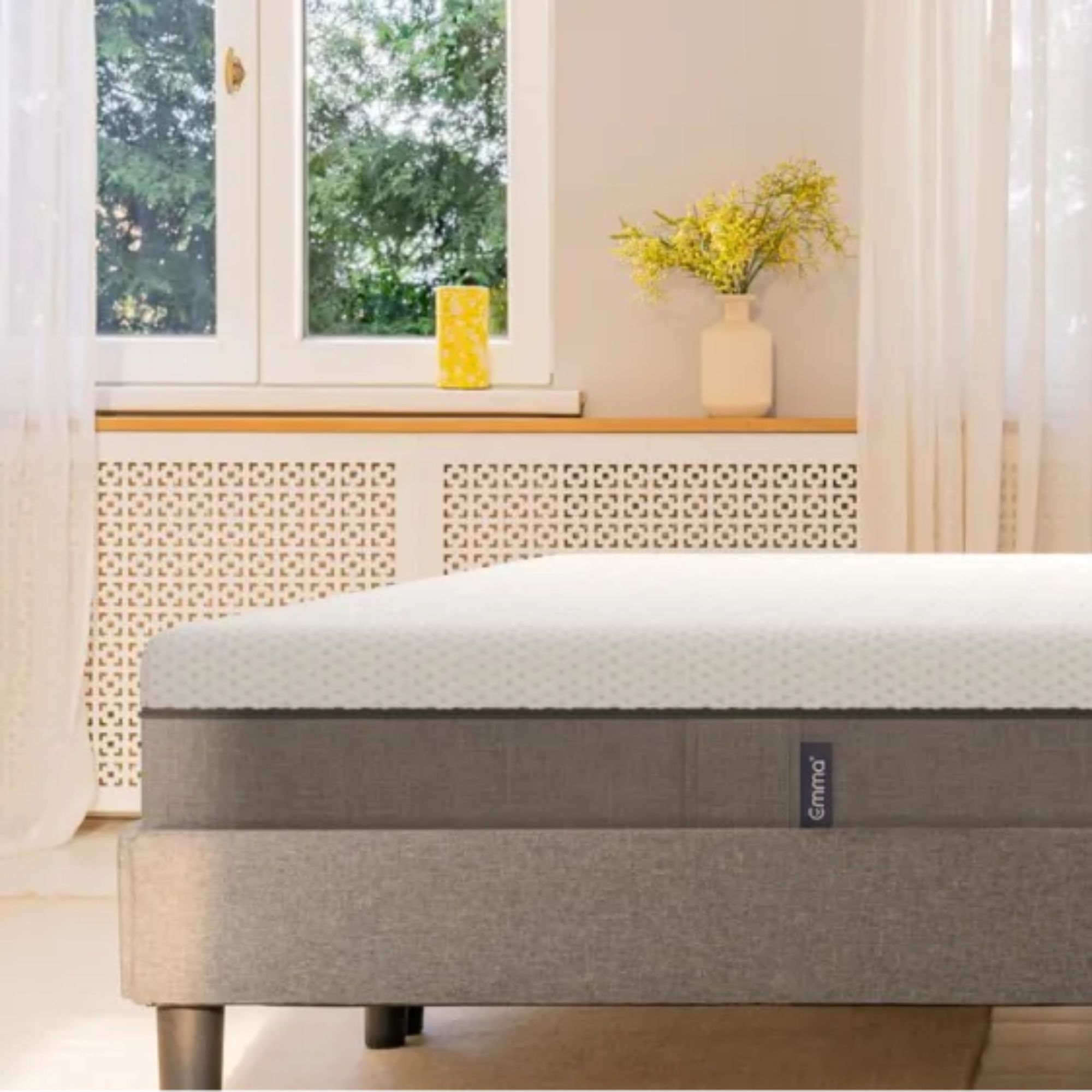
After months and years of testing, this is one of the best affordable mattresses on the market. Technically, an Emma Original Mattress retails for $1,159 for a Queen, but I regularly see it selling for half-price.
You can find more detail in our Emma Original Mattress review.
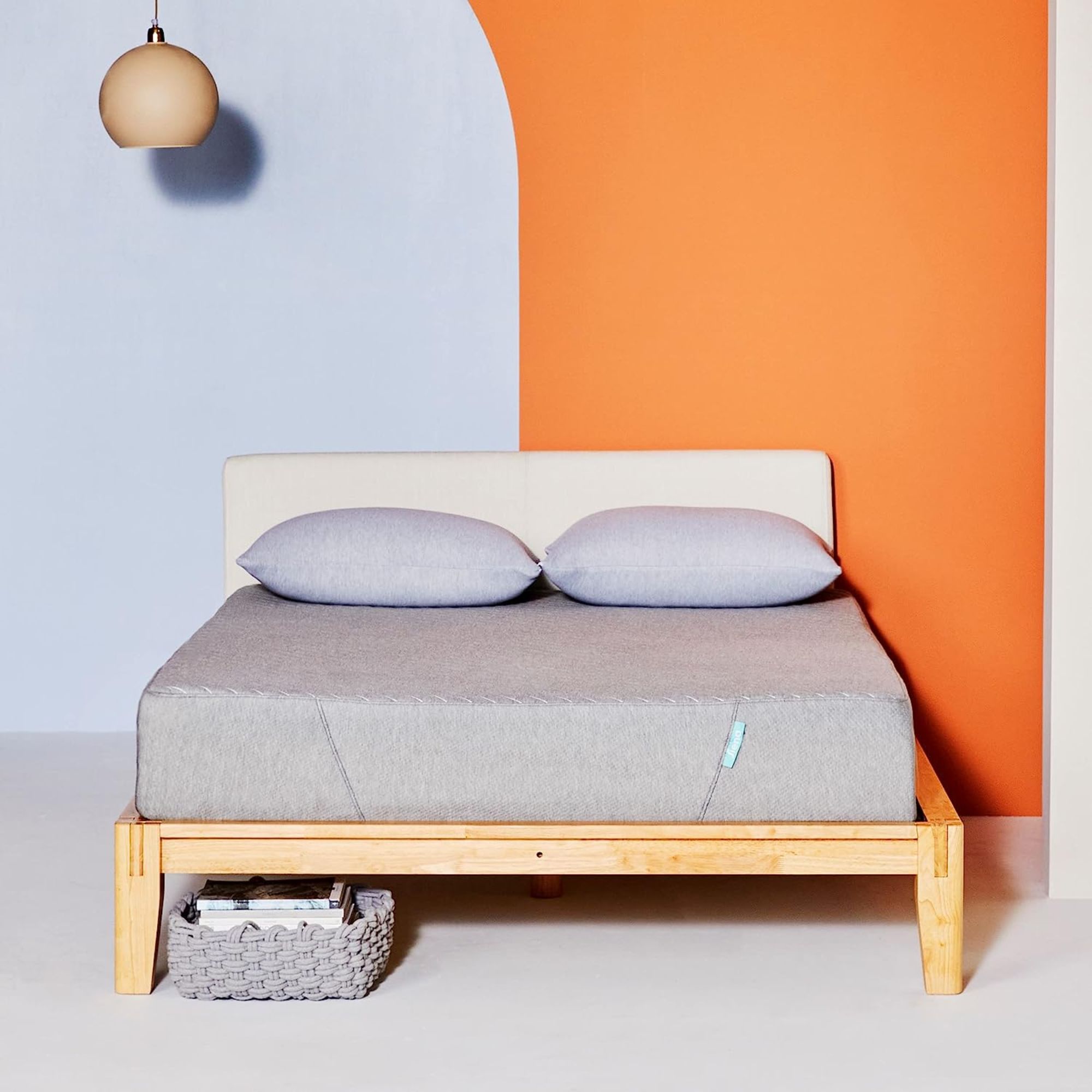
This is the cheapest bed we've ever tested: you can get a Queen-sized bed for less than $400. My advice: don't spend any less than this, or you're paying a great price for a poor product.
You can find more detail in our Siena Memory Foam Mattress review.
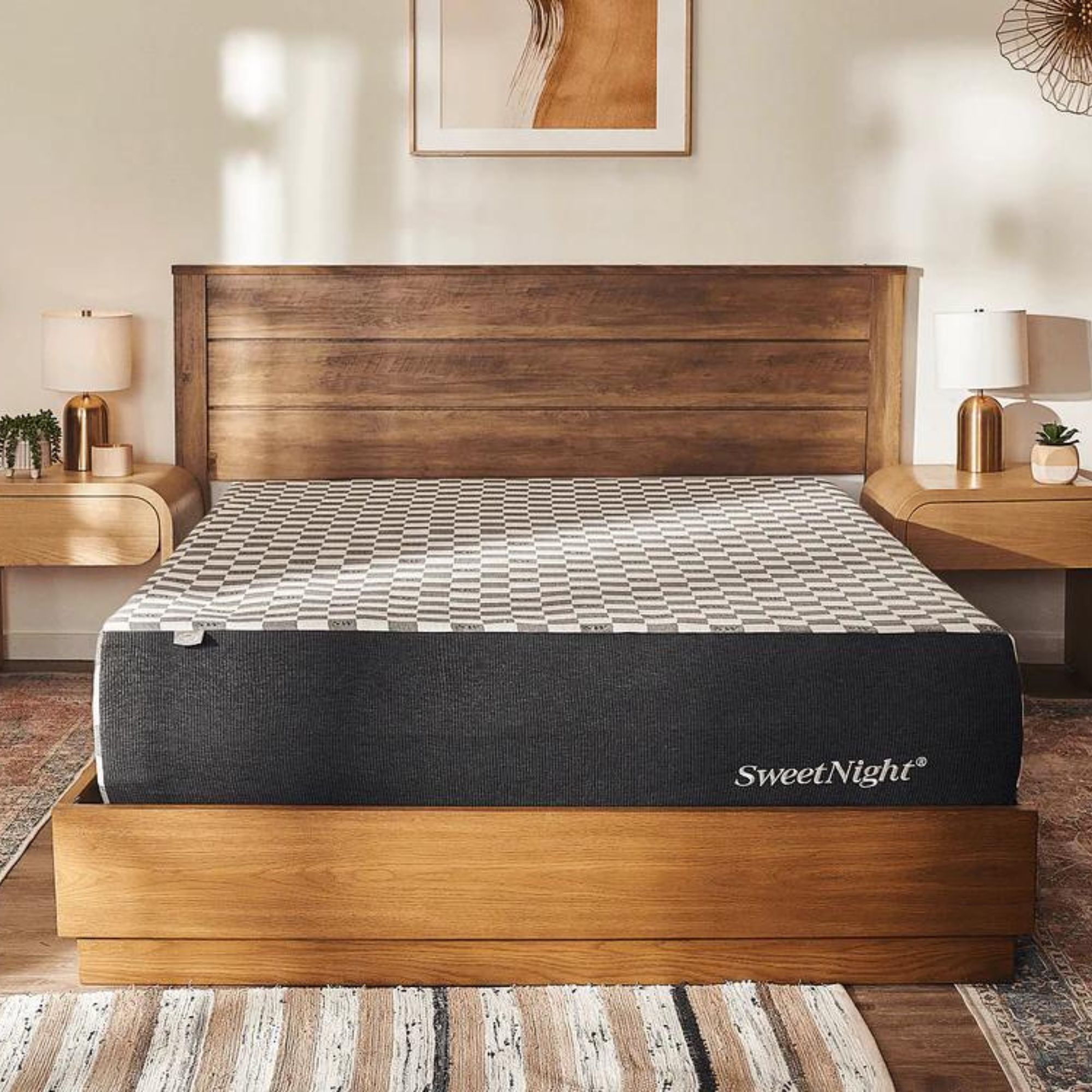
This flippable bed offers multiple mattresses in one, and it's less than $600 for a Queen. It's just the thing for couples who share a bed, but not a sleep style.
You can find more detail in our SweetNight Prime Memory Foam Mattress review.
Final thoughts
Now that you've worked out what you don't like in a mattress, it's time to discover what you do. I've answered the question 'which mattress should I buy?' based on your sleep position and personal circumstance to help you find the best mattress material for you.
Sign up to the Homes & Gardens newsletter
Design expertise in your inbox – from inspiring decorating ideas and beautiful celebrity homes to practical gardening advice and shopping round-ups.

Emilia is our resident sleep writer. She spends her days tracking down the lowest prices on the best mattresses and bedding and spends her nights testing them out from the comfort of her own home. Emilia leads a team of testers across America to find the best mattress for every sleep style, body type, and budget.
Emilia's quest to learn how to sleep better takes her all around the world, from the 3Z mattress factory in Glendale, Arizona to the Hästens headquarters in Köping, Sweden. She's interviewed luxury bedding designers at Shleep and Pure Parima, as well as the Design Manager at IKEA. Before she joined Homes & Gardens, Emilia studied English at the University of Oxford.
-
 Plants never to grow next to fruit trees
Plants never to grow next to fruit treesExpert advice on which plants to keep away from fruit trees to encourage a healthy harvest
By Jacky Parker Published
-
 Martha Stewart's tips for arranging daffodils are unbelievably simple and effective – it's the only flower advice you need this springtime
Martha Stewart's tips for arranging daffodils are unbelievably simple and effective – it's the only flower advice you need this springtimeMartha shows us that we can create gorgeous bouquets of this seasonal flower by simply trimming the stems and placing them in specific vases
By Hannah Ziegler Published
-
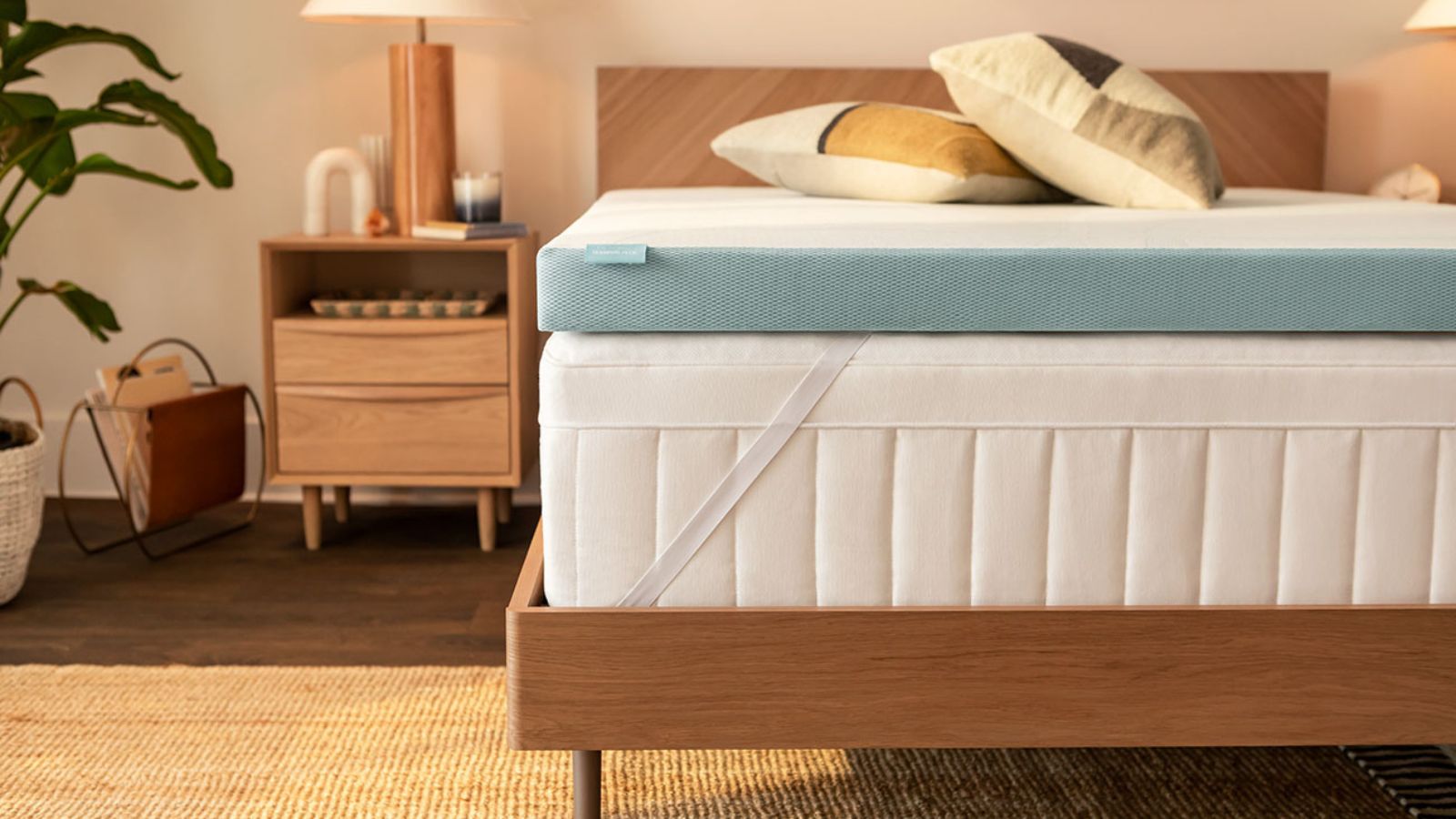 How to keep a mattress topper from sliding – 6 quick fixes for a secure fit
How to keep a mattress topper from sliding – 6 quick fixes for a secure fitI've worked out how to keep your mattress topper from sliding using products from your toolbox and linen closet − the solution might be simpler than you think
By Emilia Hitching Last updated
-
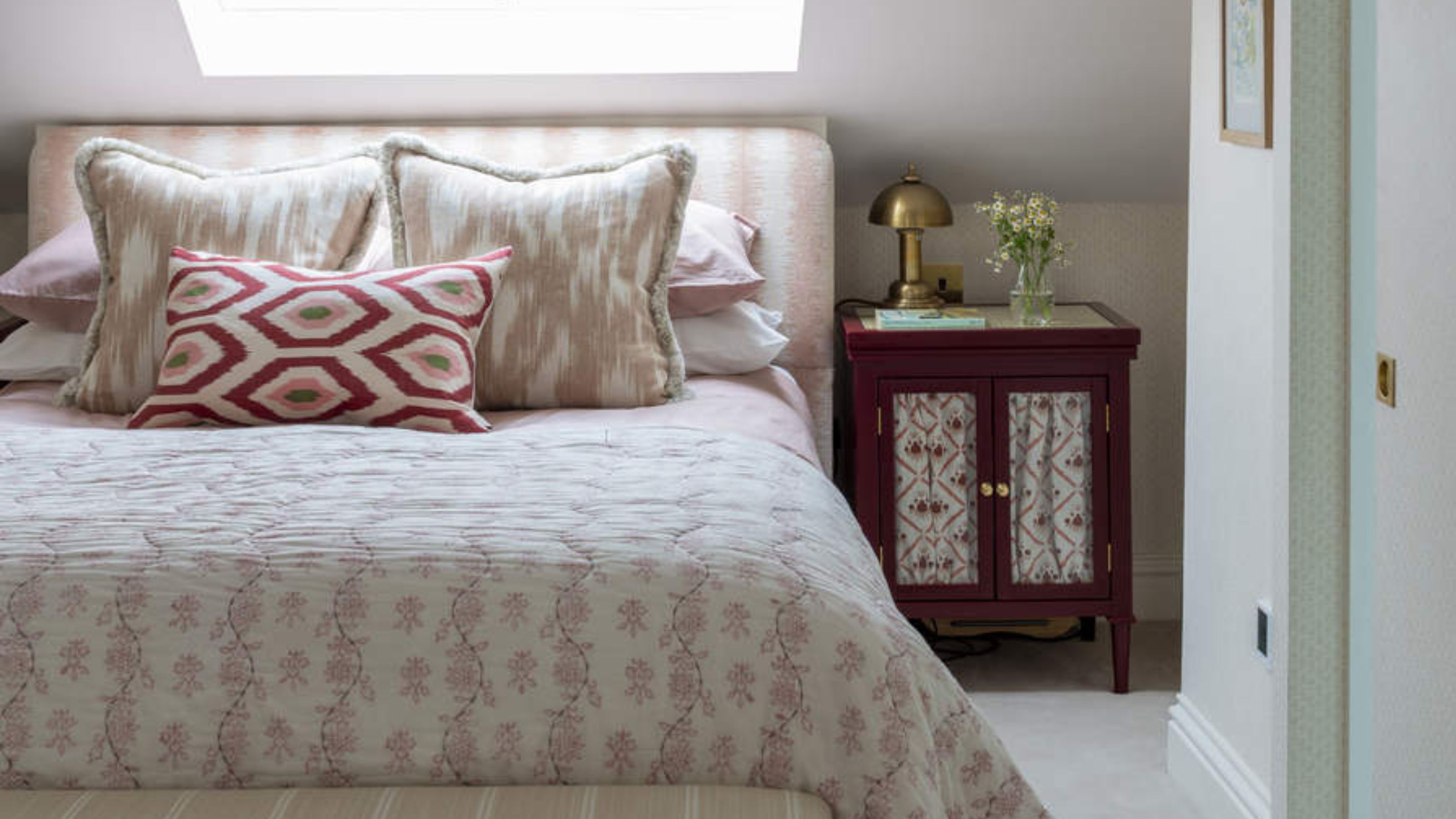 How to store a mattress topper – expert tips on keeping it in top condition
How to store a mattress topper – expert tips on keeping it in top conditionStoring your mattress topper wrong could damage its condition – follow this expert-led guide on how to store a mattress topper to keep your bed comfortable for years to come
By Louise Oliphant Published
-
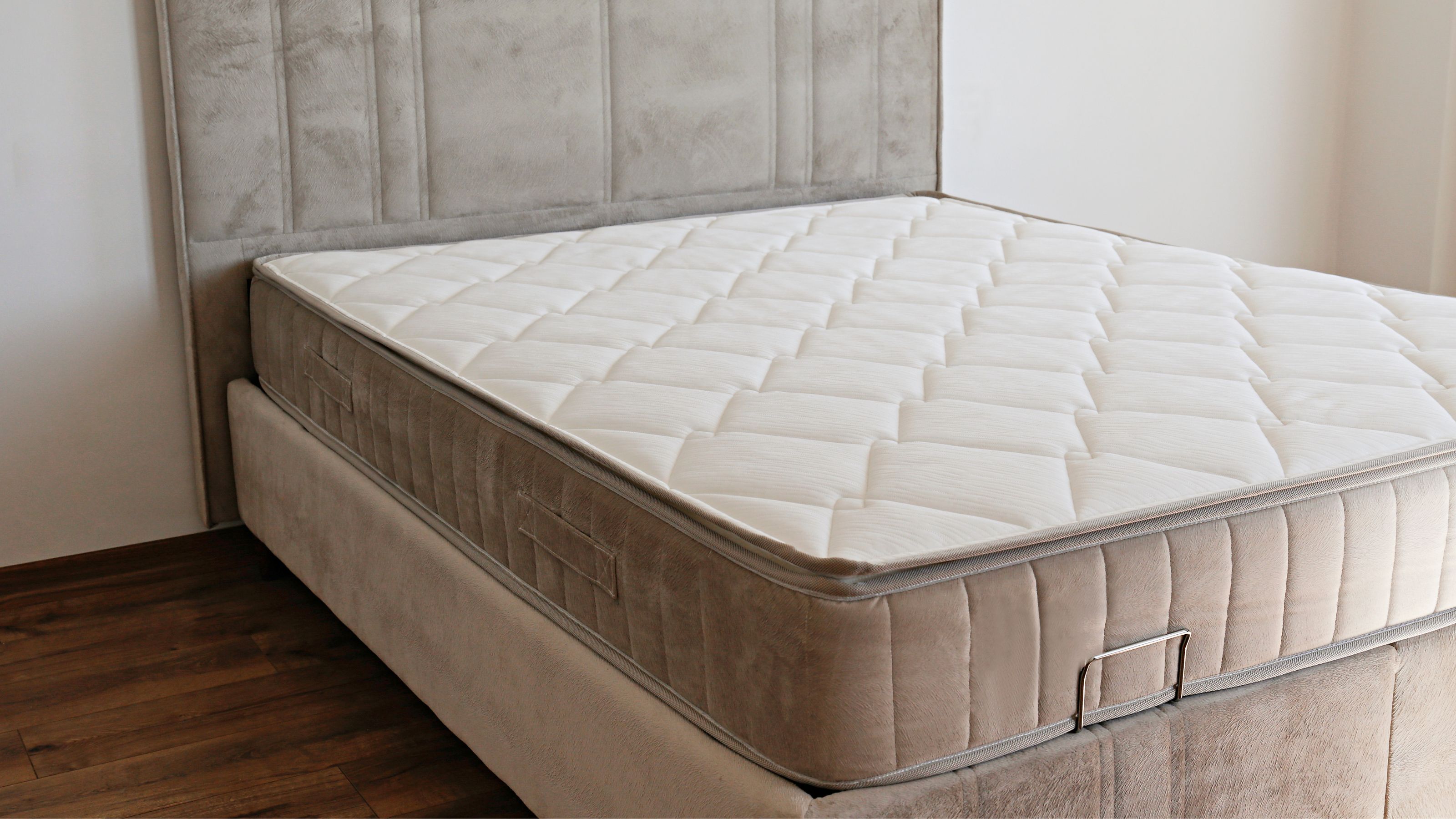 How to dispose of a mattress: the eco-friendly ways to get rid of your old bed
How to dispose of a mattress: the eco-friendly ways to get rid of your old bedHow to dispose of a mattress depends on the state you live in, and its rules and regulations – here's how to get rid of your mattress safely, according to the experts
By Louise Oliphant Published
-
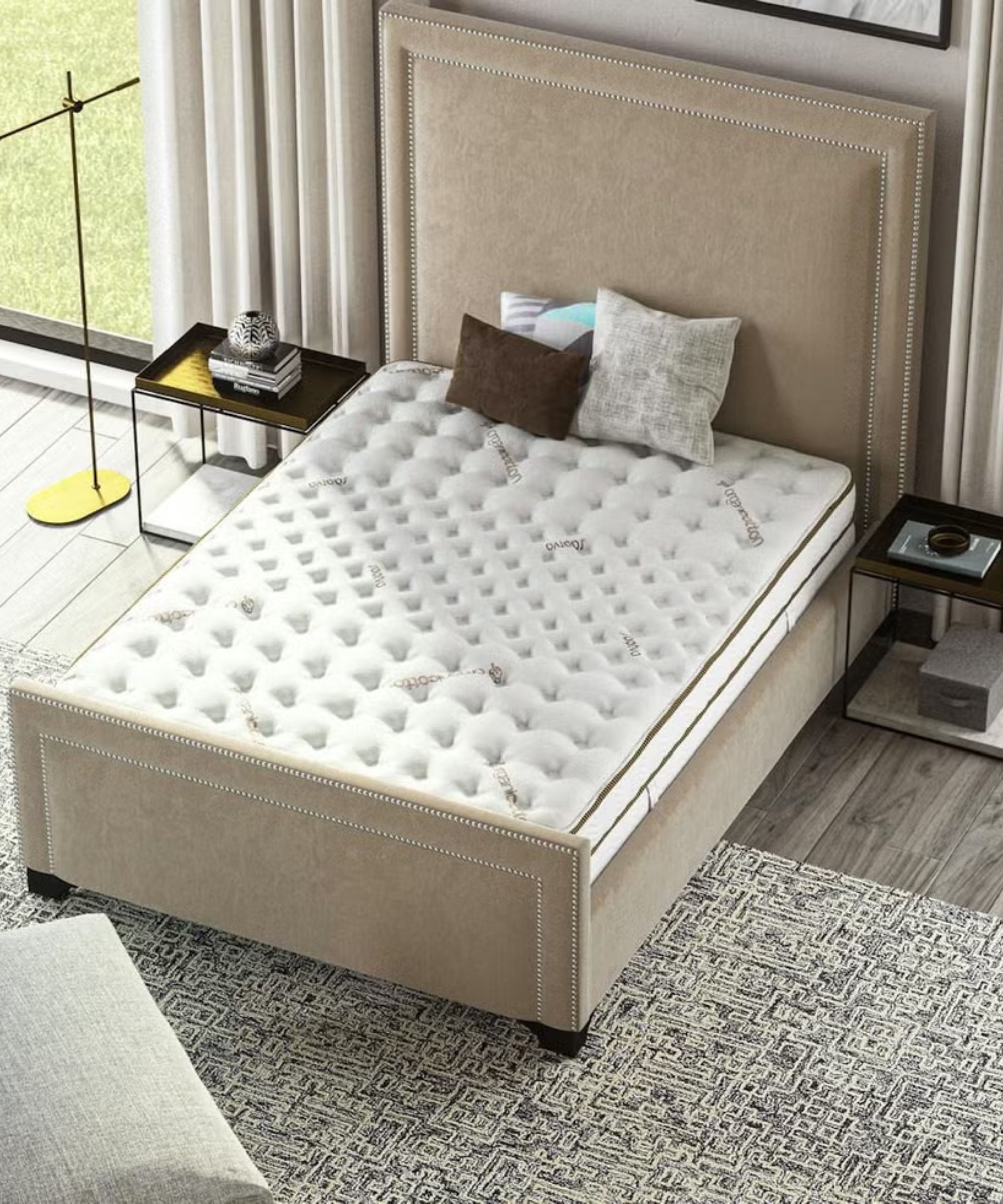 Is it good to sleep on latex? Our expert panel on the benefits of a greener mattress
Is it good to sleep on latex? Our expert panel on the benefits of a greener mattressI asked mattress manufacturers and sleep scientists what makes latex so special and how it compares to other mattress types
By Emilia Hitching Last updated
-
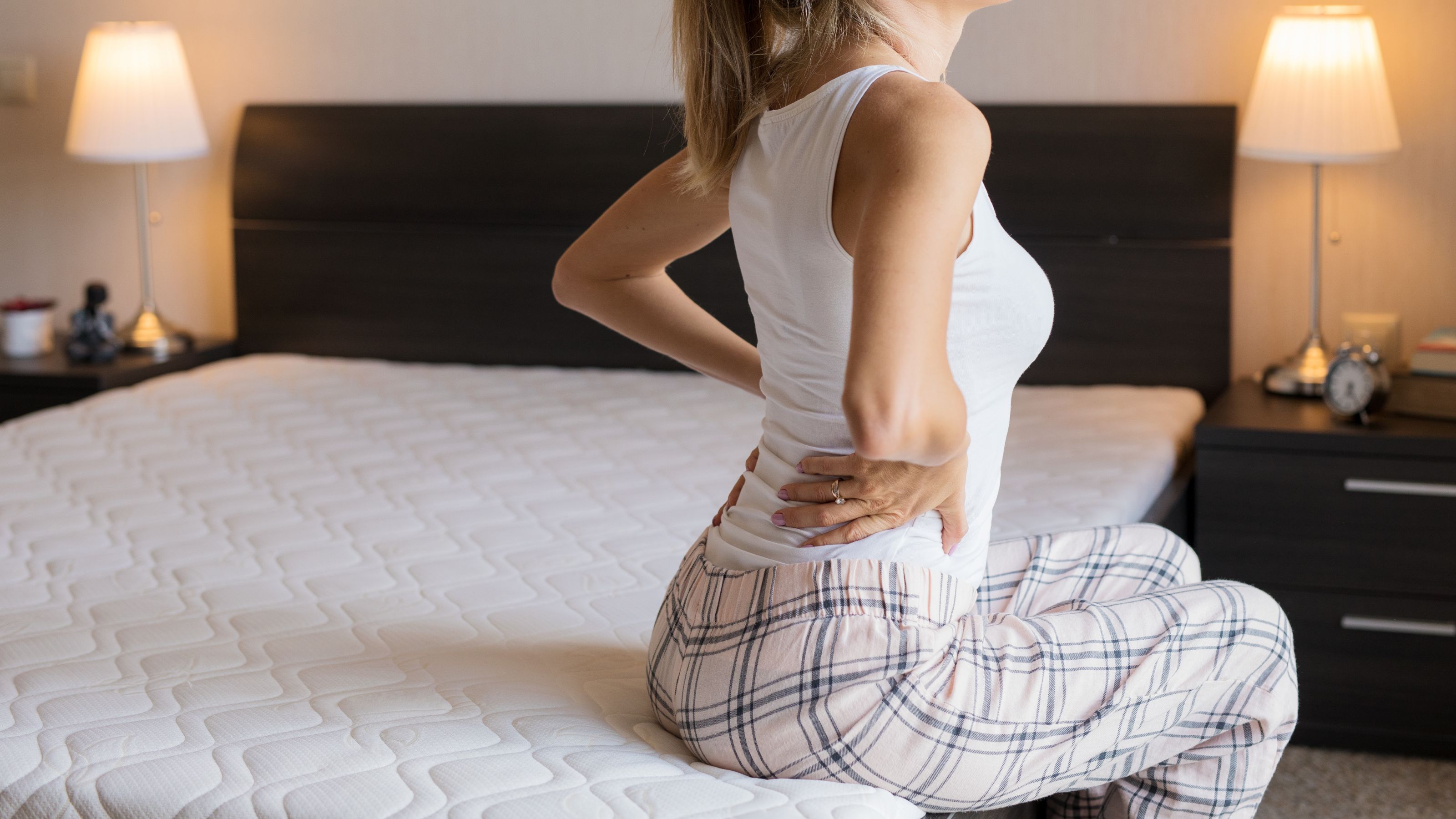 Can a mattress help with back pain? Chiropractors confirm how the right bed can better your back
Can a mattress help with back pain? Chiropractors confirm how the right bed can better your backWe've consulted a registered doctor and chiropractor to confirm how the mattress you sleep on could help with symptoms of back pain – here's what they had to say
By Louise Oliphant Published
-
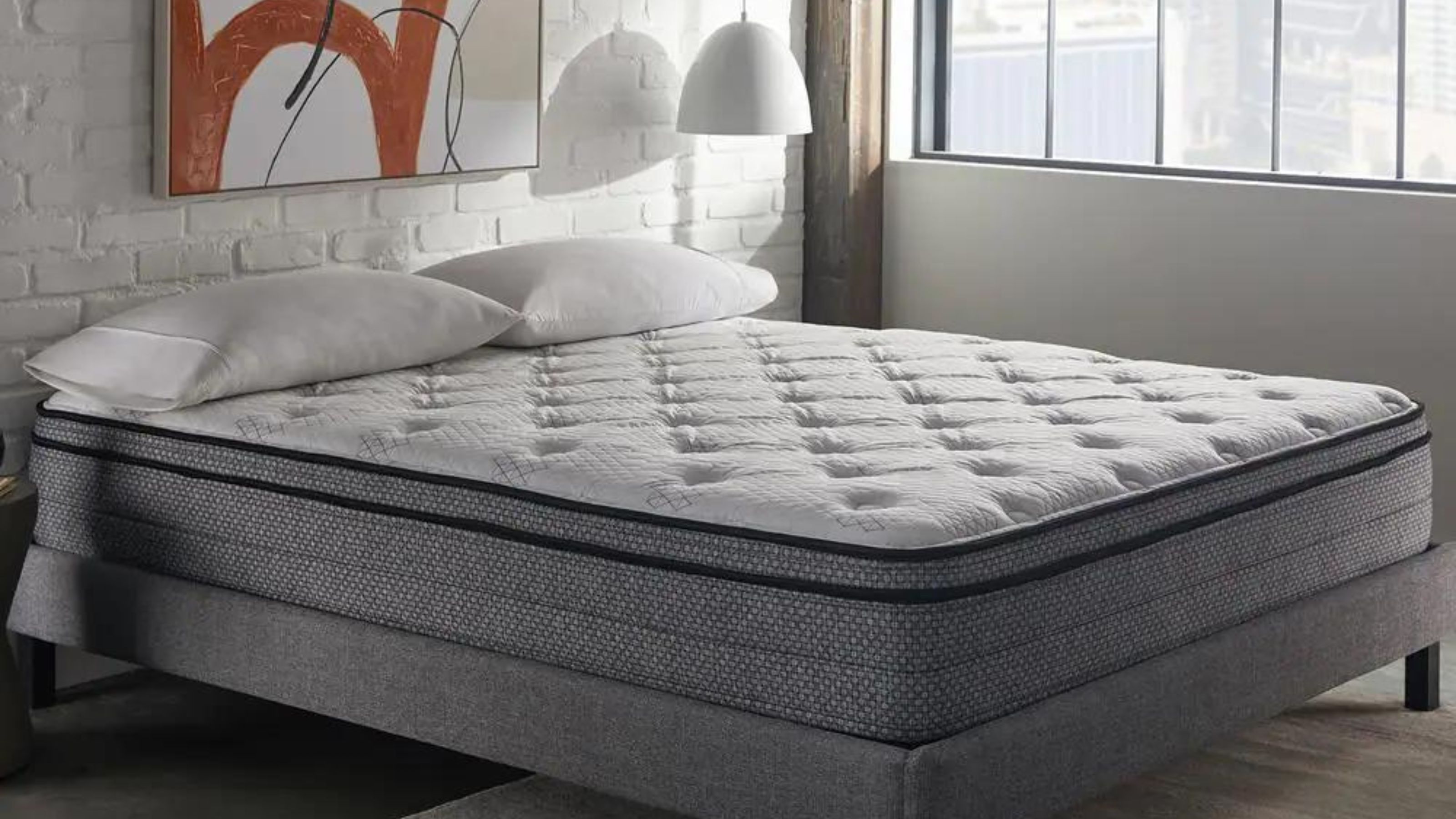 Are firm mattresses better for your back? Experts reveal the comfiest bed for back pain
Are firm mattresses better for your back? Experts reveal the comfiest bed for back painFind out whether a firm mattress is better for your back – or not – and what the comfiest mattress is for back pain, according to experts
By Louise Oliphant Published